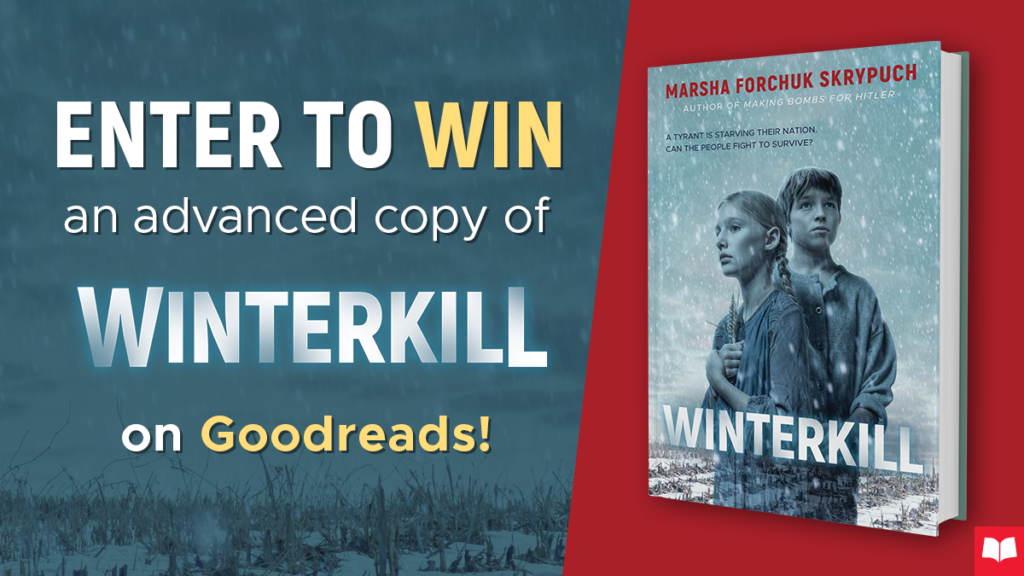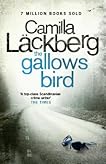
Here’s a chance to read Winterkill before it’s published. Enter here. US only.
writes about war from a young person's view #bannedbyrussia

Here’s a chance to read Winterkill before it’s published. Enter here. US only.
 Cold Vengeance by Douglas Preston
Cold Vengeance by Douglas Preston
My rating: 3 of 5 stars
This series is tapering out but for nostalgic reasons I will continue to read them. The prose is getting more purple and the plots more improbable — cartoonish, even.
Still Life With Crows is by far the best Pendergast novel in the series.
 The Gallow’s Bird by Camilla Läckberg
The Gallow’s Bird by Camilla Läckberg
My rating: 4 of 5 stars
What a great find! A very good novel even though I came into this series about three books in. One thing that I found a bit disconcerting is that the author has multiple points of view separated only by a double space. Once I came to expect that, it wasn’t an issue. Really good writing. Transcends the genre.
I really enjoyed Larson’s The Devil In the White City so I was looking forward to this one. It started out strong but dragged about halfway through.
Ambassador Dodds was a remarkable man and it’s too bad the American government didn’t take his concerns about Hitler seriously in the early 30s. I am grateful to Larson for illuminating the life of this interesting man and his unusual family.
This is an era that I’ve studied and written about myself and I was impressed with the depth of research that Larson did in terms of the Dodds family and Berlin. He fell short when it came to historical context, however. As an example, he mentioned Dodd’s daughter’s trip to the Soviet Union and about the NKVD recruiting her. The Soviet Secret Police were every bit as brutal and racist as the Nazi Gestapo. There is no indication of that in this book. In fact, towards the end of the book, he calls Martha’s flirtation with the NKVD noble. Hardly.
As well, the author implies that Ukraine was a region in “Russia” when in fact it was a country that had been taken over by the Soviet Union — Russia is not interchangeable with the Soviet Union. I realize that many people make that mistake, but in a historian, it’s just plain sloppy.
He mentions that Ukraine had “suffered a famine” in 1933 but he states it passively, as if it were a fluke of nature, instead of what it really was — an intentional genocide of Ukrainians that killed millions. He didn’t mention how many people died but did mention the deaths of livestock. I found that odd, to say the least.
He also skipped over the fact that Stalin and Hitler were allies for the first two years of WWII, and instead jumps to when Stalin was an ally of the US. That’s not just sloppy but misleads the casual reader into thinking that Stalin was a different kind of person as Hitler.